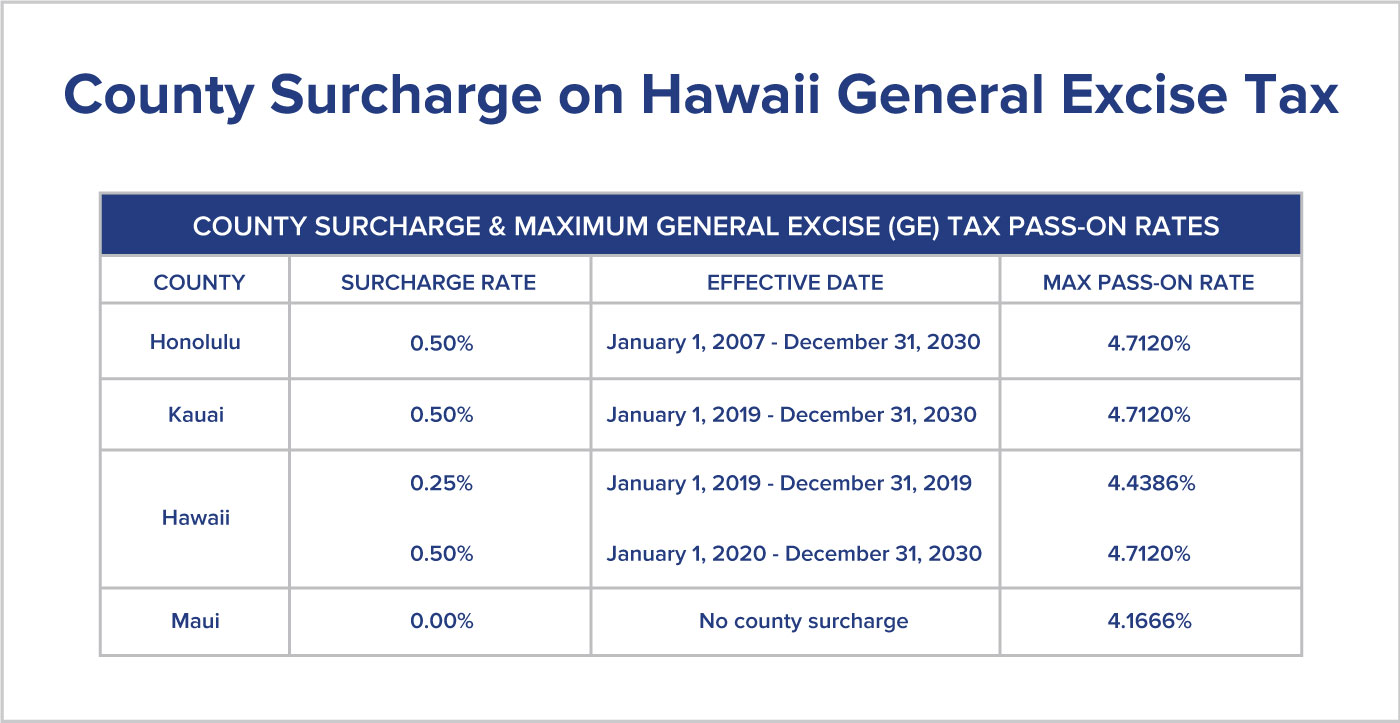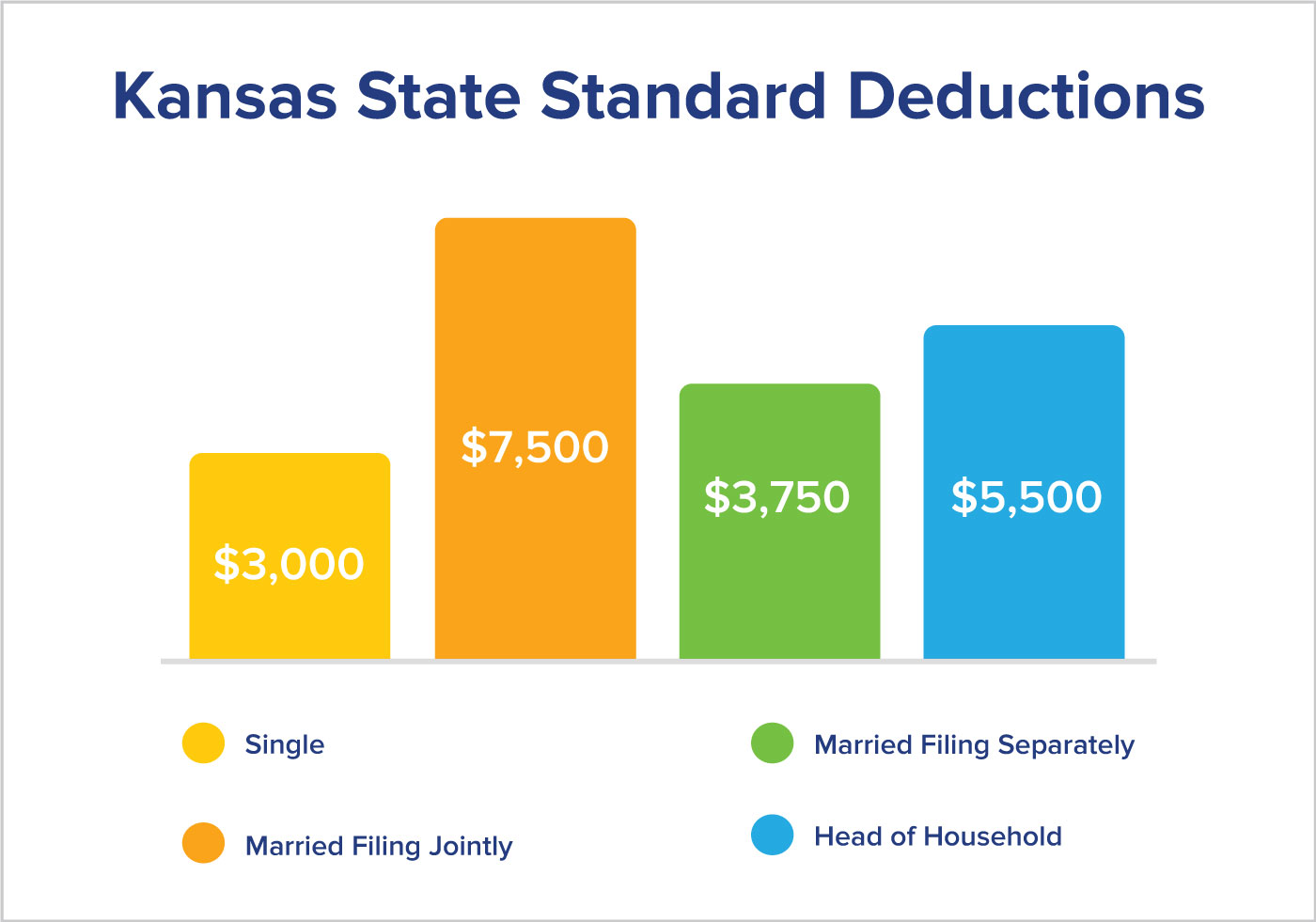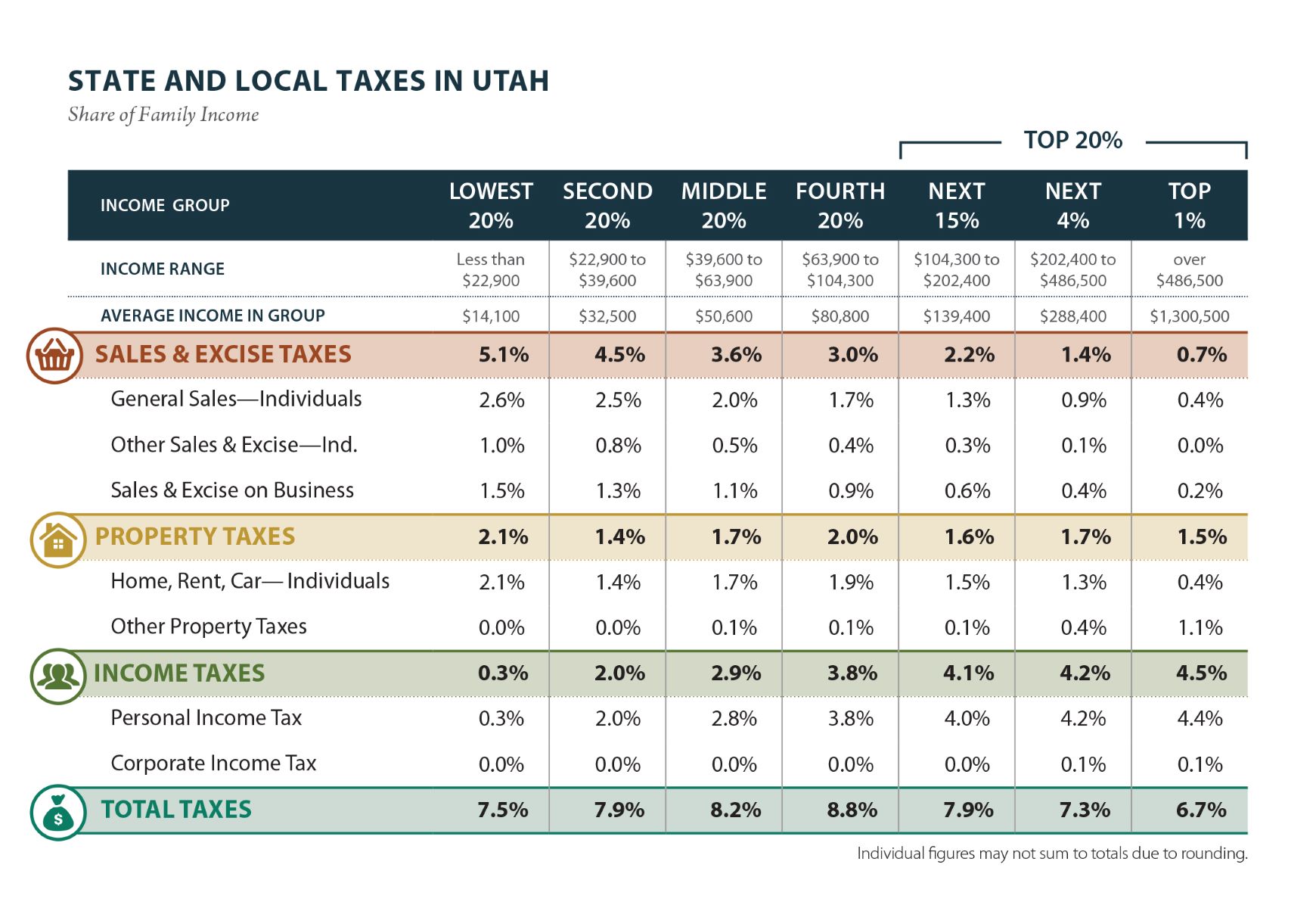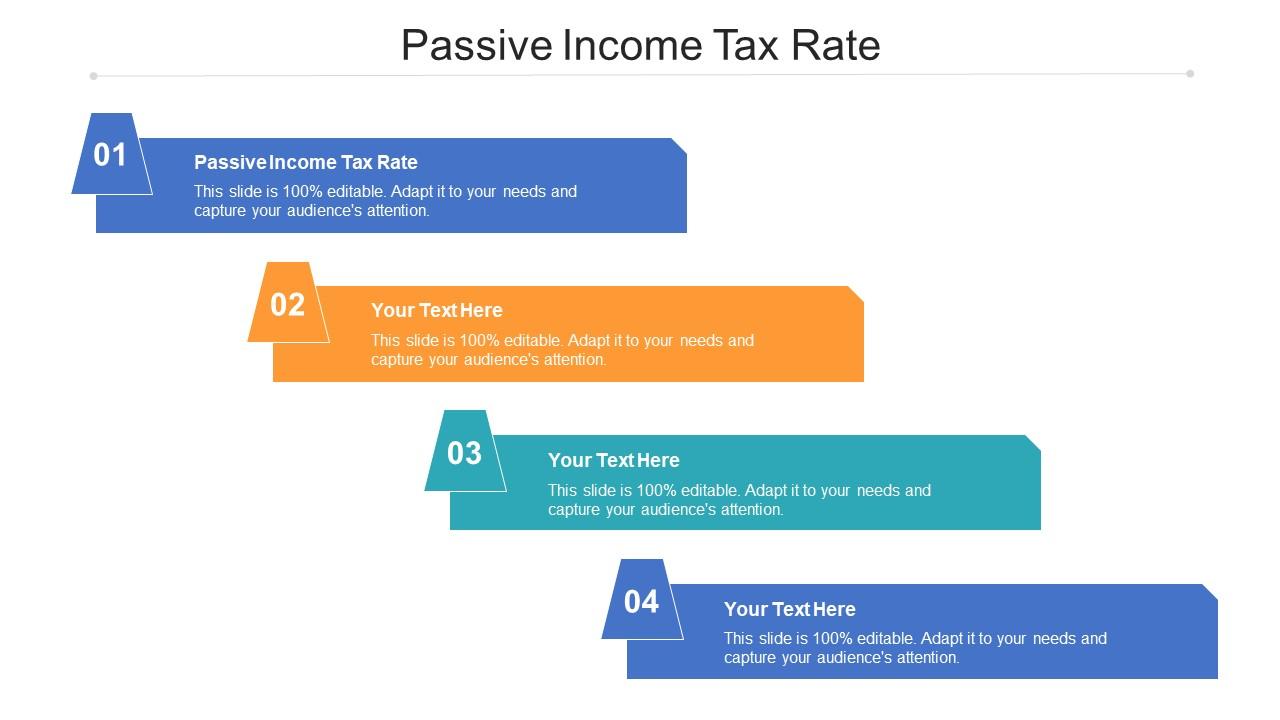

Finance
What Is Arkansas Income Tax Rate
Published: November 2, 2023
Learn about the Arkansas income tax rate and its impact on your finances. Discover how to calculate and minimize your tax liability in Arkansas.
(Many of the links in this article redirect to a specific reviewed product. Your purchase of these products through affiliate links helps to generate commission for LiveWell, at no extra cost. Learn more)
Table of Contents
Introduction
Welcome to the world of Arkansas income tax! Understanding the various aspects of income tax is essential for individuals and businesses operating in the state. Whether you are a resident, a non-resident earning income in Arkansas, or a corporation doing business here, knowing the tax rates, brackets, and calculation methods can help you navigate the complex world of taxation.
Arkansas, known as the Land of Opportunity, offers its residents and businesses a unique tax structure. With its progressive income tax system, Arkansas has different tax rates based on income levels, ensuring that individuals and businesses pay their fair share.
In this comprehensive guide, we will explore the important details surrounding Arkansas income tax. From calculating your tax liability to understanding the tax rates for individuals and corporations, we will cover everything you need to know to stay compliant with the state’s tax laws.
Additionally, we will delve into the Arkansas income tax brackets, which determine the tax rate for each income level. By understanding these brackets, you can effectively plan your finances and optimize your tax position.
Whether you are a lifelong resident, a new resident, or a business owner considering expanding your operations to Arkansas, this guide will provide you with the knowledge you need to navigate the intricacies of the state’s income tax system.
So, let’s dive in and explore the fascinating world of Arkansas income tax!
Overview of Arkansas Income Tax
Arkansas income tax is a key component of the state’s revenue system, which funds various public services and programs. The Arkansas Department of Finance and Administration (DFA) is responsible for administering and collecting individual and corporate income taxes in the state.
Individuals who are residents of Arkansas are subject to income tax on their worldwide income. Non-residents, on the other hand, are only taxed on income earned within the state’s borders.
Arkansas income tax follows a progressive tax system, meaning that the tax rate increases as income levels go up. This ensures that higher-income individuals contribute a larger portion of their earnings to fund public services.
For corporations, Arkansas imposes income tax on both C corporations and S corporations. The tax rate for corporations is different from that of individuals, and it is based on their net income earned in the state.
It’s important to note that Arkansas also allows for various deductions and credits to help offset tax liability. These include deductions for certain expenses, such as mortgage interest and medical expenses, as well as credits for specific activities, such as hiring new employees or investing in renewable energy.
The Arkansas income tax system operates on a calendar-year basis, with tax returns due by April 15th of the following year. However, taxpayers can request an extension to file their returns until October 15th.
To ensure compliance with Arkansas income tax laws, individuals and businesses are required to keep accurate records of their income, deductions, and credits. This includes maintaining receipts, invoices, and other relevant documents that substantiate their tax claims.
Now that we have a general overview of Arkansas income tax, let’s delve into the details of calculating tax liability for individuals and corporations.
Calculating Arkansas Income Tax
Calculating Arkansas income tax can seem daunting, but it becomes more manageable when you understand the key components involved. Both individuals and corporations follow different methods to determine their tax liability.
For individuals, the process begins with determining their taxable income. This includes income from various sources such as wages, self-employment income, rental income, and capital gains. However, certain types of income, such as social security benefits and interest from state and local bonds, may be exempt from state income tax.
Once the taxable income is determined, individuals can then apply deductions and credits to reduce their tax liability. Arkansas offers various deductions, including those for student loan interest, contributions to retirement accounts, and expenses related to education and healthcare. Additionally, individuals may be eligible for tax credits, such as the Earned Income Tax Credit (EITC), which provides a refundable credit to low-income taxpayers.
Next, individuals must determine their tax liability based on the applicable tax rate. Arkansas has different tax rates ranging from 0.9% to 6.9%, depending on income levels. These rates are applied progressively, meaning that lower-income individuals pay a lower tax rate, while higher-income individuals are subject to higher rates.
For corporations, calculating Arkansas income tax requires determining their net income earned within the state. This includes income from all sources, both within and outside Arkansas. Corporations must also factor in any applicable deductions and credits when determining their taxable income.
Arkansas corporations are subject to a flat tax rate of 6.5% on their taxable income. However, there may be additional taxes and surtaxes that apply to specific types of businesses, such as financial institutions and insurance companies.
It’s important to note that both individuals and businesses are required to file an annual income tax return with the Arkansas Department of Finance and Administration (DFA). This process involves reporting their income, deductions, credits, and tax liability, ensuring accurate compliance with the state’s tax laws.
By understanding the process of calculating Arkansas income tax, individuals and businesses can effectively plan their finances and meet their tax obligations. Now, let’s explore the specific tax rates for individuals and corporations in Arkansas.
Arkansas Income Tax Rates for Individuals
Arkansas employs a progressive tax system that consists of multiple income tax brackets for individuals. The tax rates increase as income levels rise, ensuring that higher-income individuals contribute at a higher rate. Let’s explore the current income tax rates for individuals in Arkansas:
- For individuals earning income up to $4,499, the tax rate is 0.9%.
- For income between $4,500 and $8,899, the tax rate increases to 2.4%.
- Income ranging from $8,900 to $12,699 is taxed at a rate of 3.4%.
- For individuals earning between $12,700 and $21,999, the tax rate is 4.4%.
- Income between $22,000 and $35,099 is subject to a tax rate of 5.9%.
- Lastly, for individuals earning $35,100 and above, the highest tax rate is 6.9%.
It’s important to note that these tax rates apply to taxable income after deducting any allowable deductions and credits. The progressive nature of Arkansas income tax ensures that individuals with higher incomes contribute a larger percentage of their earnings to the state’s revenue.
For example, let’s consider an individual earning $50,000 in taxable income. The first $4,499 would be taxed at a rate of 0.9%, the next $4,400 at 2.4%, the following $3,800 at 3.4%, the subsequent $9,300 at 4.4%, the next $13,100 at 5.9%, and the remaining $15,000 at 6.9%. This calculation results in an overall effective tax rate that falls between the lowest and highest tax rates.
Understanding the income tax rates for individuals in Arkansas is essential for proper financial planning. By knowing the tax rates corresponding to their income levels, individuals can anticipate their tax liability and make informed decisions about their personal finances.
Now, let’s move on to exploring the income tax rates applicable to corporations in Arkansas.
Arkansas Income Tax Rates for Corporations
Corporations that conduct business in Arkansas are subject to income tax on their net income earned within the state. Unlike individual tax rates, Arkansas imposes a flat tax rate for corporations.
The current income tax rate for corporations in Arkansas is 6.5%. This rate applies to the taxable income of all corporations, regardless of their income levels. It’s important to note that the flat tax rate simplifies the calculation process for corporations and ensures fairness in the tax system.
However, it’s worth noting that certain types of businesses may have additional taxes or surtaxes imposed on them. For example, financial institutions and insurance companies may be subject to specific taxes or fees that are in addition to the regular corporate income tax.
Corporations are required to report their taxable income, deductions, and credits on their annual income tax returns. The Arkansas Department of Finance and Administration (DFA) oversees the collection of corporate income tax and ensures compliance with the state’s tax laws.
Understanding the income tax rates for corporations is critical for businesses operating in Arkansas. It allows corporations to accurately calculate their tax liabilities and plan their finances accordingly.
Now that we have covered the income tax rates for both individuals and corporations in Arkansas, let’s explore the income tax brackets, which play a crucial role in determining tax liability for individuals.
Arkansas Income Tax Brackets
The Arkansas income tax system utilizes brackets to determine the tax rate based on an individual’s or household’s taxable income. These brackets represent different ranges of income and their corresponding tax rates. Understanding the income tax brackets is crucial for individuals to accurately calculate their tax liabilities. Let’s explore the income tax brackets in Arkansas:
- For individuals with a taxable income of $4,499 or less, the tax rate is 0.9%.
- If the taxable income falls between $4,500 and $8,899, the tax rate is 2.4%.
- For income ranging from $8,900 to $12,699, the tax rate increases to 3.4%.
- Individuals with taxable income between $12,700 and $21,999 are subject to a tax rate of 4.4%.
- If the taxable income falls between $22,000 and $35,099, the tax rate is 5.9%.
- For individuals with a taxable income of $35,100 or above, the highest tax rate is 6.9%.
These income tax brackets ensure that individuals with higher incomes pay a larger share of their earnings in state income taxes. For example, a person earning $50,000 in taxable income would pay the applicable tax rate for each bracket within their income range, resulting in a progressive increase in tax liability.
It’s crucial for individuals to understand the income tax brackets as it allows for effective tax planning. By knowing the tax rate associated with their income level, individuals can make informed decisions and take advantage of available deductions and credits to optimize their tax position.
For businesses, Arkansas applies a flat tax rate of 6.5% to taxable income, regardless of income levels. However, specific industries may have additional taxes or surtaxes imposed on them.
By familiarizing yourself with the income tax brackets, you can navigate the Arkansas tax system confidently and ensure accurate compliance with state tax laws.
Now, let’s address some commonly asked questions about Arkansas income tax.
Frequently Asked Questions about Arkansas Income Tax
As individuals and businesses navigate the complex world of Arkansas income tax, various questions arise. Here are some frequently asked questions to provide clarity on key aspects of Arkansas income tax:
-
When is the deadline to file Arkansas income tax returns?
The deadline to file Arkansas income tax returns is typically April 15th of each year. However, if the 15th falls on a weekend or a holiday, the deadline may be extended to the next business day. Taxpayers can also request an extension to file their returns until October 15th, but any tax owed must still be paid by the original due date to avoid penalties and interest. -
Are there any deductions available for Arkansas income tax?
Yes, Arkansas offers various deductions that taxpayers can claim to reduce their taxable income. Some common deductions include expenses related to education, healthcare, retirement contributions, and student loan interest. It’s essential to review the eligibility criteria and requirements for each deduction to ensure accurate claiming. -
What tax credits are available in Arkansas?
Arkansas provides several tax credits that can help offset tax liabilities. These credits include the Earned Income Tax Credit (EITC), which provides a refundable credit for low-income individuals and families. Other credits may apply to specific activities, such as hiring new employees, investing in renewable energy, or contributing to certain charitable organizations. Each credit has its eligibility requirements and limitations. -
Do I need to pay Arkansas income tax if I’m a non-resident?
Non-residents are generally only taxed on income earned within the state of Arkansas. If you earn income from Arkansas sources but are not a resident, you may be required to file a non-resident income tax return and pay taxes on that specific income. It’s crucial to determine your residency status and consult the Arkansas Department of Finance and Administration or a tax professional to understand your tax obligations. -
How can I make my Arkansas income tax payments?
Arkansas provides various methods for taxpayers to make their income tax payments. You can pay online through the official Arkansas Taxpayer Access Point (ATAP) system, set up automatic electronic payments, or pay by check or money order sent by mail. The Arkansas DFA website provides detailed instructions on different payment options.
These are just a few of the common questions about Arkansas income tax. It’s important to consult with an accountant or tax professional for personalized advice based on your specific circumstances.
Now, let’s conclude our comprehensive guide to Arkansas income tax.
Conclusion
Arkansas income tax is an essential aspect of the state’s revenue system, playing a crucial role in funding public services and programs. Understanding the intricacies of Arkansas income tax is essential for individuals and businesses to navigate the tax landscape effectively and comply with state tax laws.
In this comprehensive guide, we explored the key elements of Arkansas income tax, including an overview of the tax system, methods for calculating tax liability for individuals and corporations, and the tax rates applicable to each. We discussed the progressive tax rates for individuals, which increase as income levels rise, ensuring a fair distribution of tax burden. We also highlighted the flat tax rate for corporations and addressed additional taxes or surtaxes that may apply to specific industries.
Furthermore, we covered important information such as the income tax brackets, which provide a framework for determining tax rates based on income levels. Understanding these brackets allows individuals to plan their finances and optimize their tax position.
We also addressed frequently asked questions about Arkansas income tax, providing clarity on topics such as filing deadlines, deductions, tax credits, and obligations for non-residents. It’s important to consult with experts or the Arkansas Department of Finance and Administration for personalized advice regarding individual situations.
By familiarizing yourself with Arkansas income tax laws, rates, and requirements, you can ensure compliance, make informed financial decisions, and take advantage of available deductions and credits to minimize your tax liability.
Remember, taxation is an essential responsibility that helps fund the development and maintenance of infrastructure, education, healthcare, and other crucial services in Arkansas. Understanding and meeting your tax obligations allows you to contribute to the overall well-being of the state.
We hope this guide has provided valuable insights into the world of Arkansas income tax. As tax laws and regulations may change over time, it’s essential to stay informed and consult with professionals to ensure accurate compliance. Remember, proper tax planning and understanding can lead to a financially secure and stress-free future.
Thank you for joining us on this journey through Arkansas income tax, and we wish you success in navigating your tax obligations with confidence!














